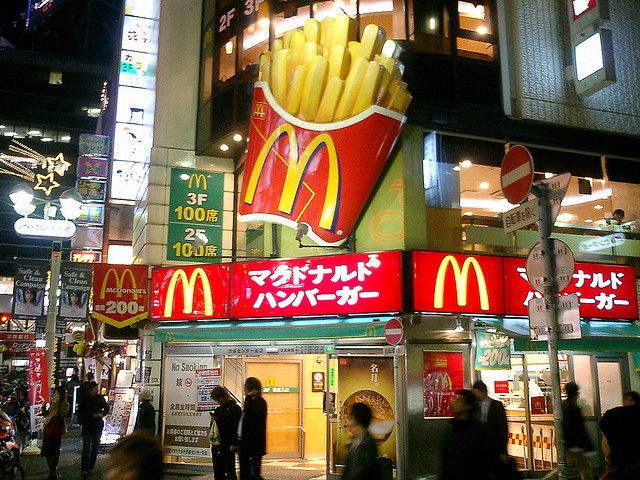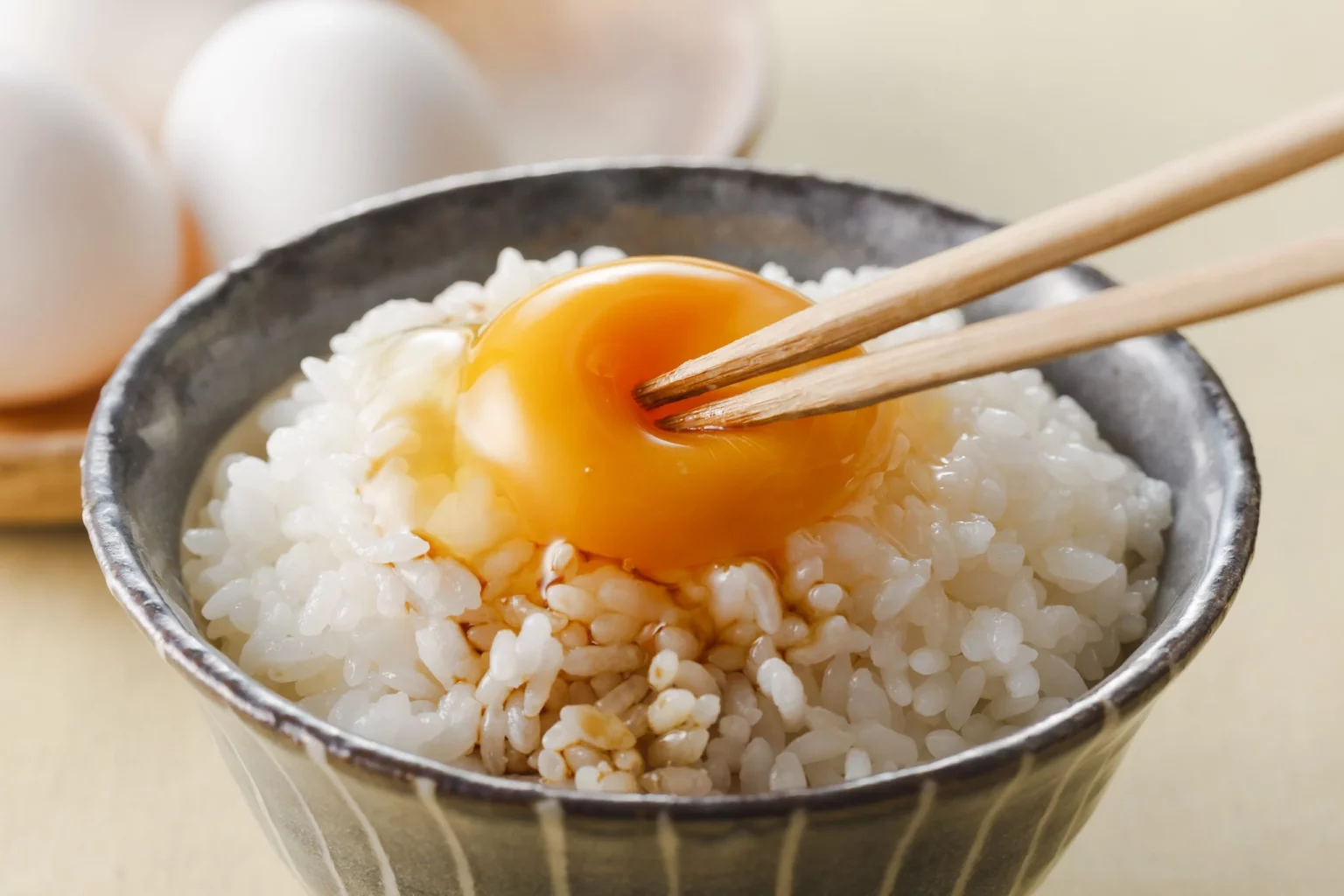Japan is facing its worst outbreak of avian influenza, commonly known as bird flu, on record. The infectious disease affects poultry and wild birds and has been around for over a century, but this year’s outbreak is particularly severe, with scientists suggesting that mutations in the virus may be responsible.
As a result, millions of chickens have been culled in Japan, leading to a shortage of eggs and sending the price of egg-based dishes soaring. Eggs are a staple in Japanese cuisine, from egg rolls to omurice and soft-boiled yolks on ramen, and the shortage is having a significant impact on both consumers and businesses.
Wholesale egg prices have surged over 70% in the past year, with a kilo of medium-sized eggs now costing about 350 yen (£2.11; $2.62), according to JA. Z-Tamago, a unit of the National Federation of Agricultural Cooperative Associations. Food company Kewpie, known for its mayonnaise made from egg yolks, is raising prices by up to 21% starting this month, and even with the price hike, it expects its net profit to be down 47% this financial year due to the surging cost of eggs.
Smaller businesses have also been forced to cut back, with restaurants and convenience stores having to suspend sales of various items, tweak recipes to scrimp on eggs, and charge more for egg-based dishes. Some restaurant companies have suspended or may consider suspending parts of their menus, according to a study of 100 such eateries by research firm Teikoku Databank.

Even fast food giant McDonald’s Japan has been affected, having to warn diners that it might have to suspend the sale of its popular Teritama burgers during peak periods. Teritama is a portmanteau of teriyaki sauce and tamago, which is Japanese for eggs. While McDonald’s has managed to diversify its egg sources to avoid impacting its regular offerings, the company is “watching the situation carefully,” according to spokesman Jonathan Kushner.
The issue is simply that egg supply in the country is unstable, and it is hard to predict what the situation will be like in the summer and fall. Some farms are expected to go out of business due to high feed prices, exacerbating the problem further.
As a result, restaurateurs and home cooks are seeking alternatives to eggs. Seafood giant Nissui Corporation makes a tamagoyaki, a Japanese rolled omelette, from Alaskan pollack, which has seen a fivefold increase in supermarket shipments this year. Meanwhile, local food company 2foods has announced a plant-based version of omurice, a popular Japanese comfort food, featuring an egg alternative made from vegetables like carrots and cannellini beans. Dubbed Ever Egg, the egg-alternative is a joint development between 2foods and Japanese food manufacturing giant Kagome.
Demand for egg substitutes has rocketed this year after a shortage of real eggs, and food security experts say price pressures will likely continue for the near future. It is unclear how long the egg shortage will last, but with the bird flu outbreak showing no signs of abating, production is not expected to fully recover anytime soon.
In conclusion, the ongoing bird flu outbreak in Japan is having a significant impact on the country’s egg supply, leading to shortages, price hikes, and even changes in menus at restaurants and convenience stores. Consumers and businesses alike are seeking alternatives to eggs, and demand for egg substitutes has surged. While it is unclear how long the egg shortage will last, food security experts warn that price pressures will likely continue for the near future.




